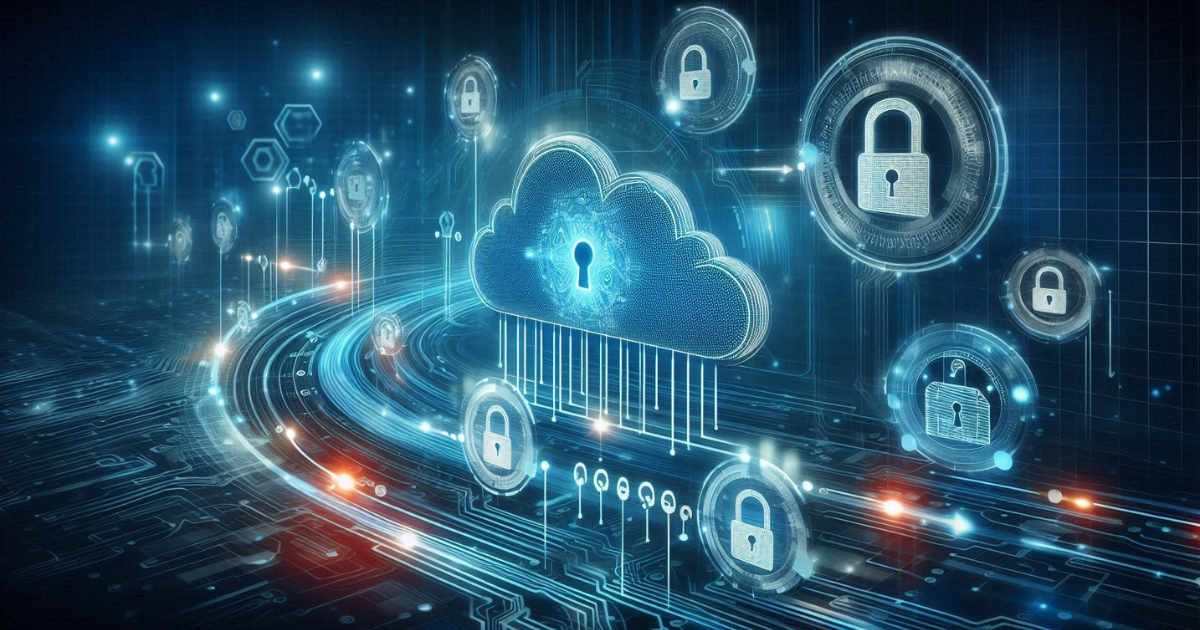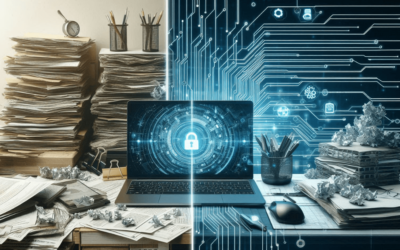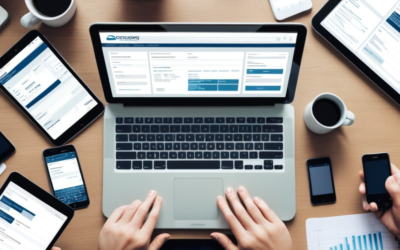In today’s digital era, procurement processes have evolved significantly. Organizations are increasingly turning to electronic sourcing, or eSourcing software, to streamline operations, enhance efficiency, and cut costs. While these advancements offer numerous benefits, they also bring forth critical concerns regarding data security and privacy.
In this blog post, we’ll delve into the importance of data security and privacy in procurement, with a particular focus on eSourcing software.
Introduction
eSourcing software has revolutionized procurement by automating and optimizing various tasks, from supplier selection to contract management. However, as procurement processes become more digitized, the amount of sensitive data handled increases, making data security and privacy paramount.
The Significance of Data Security in Procurement
Procurement processes involve handling a vast amount of sensitive data, from supplier contracts and purchase orders to financial records and personal information. Ensuring the security of this data is paramount to protect both your organization and your suppliers.
- Confidential Supplier Information: Supplier contracts, pricing details, and negotiation records are highly sensitive. Unauthorized access to this information could compromise your organization’s bargaining position and supplier relationships.
- Financial Data Protection: Procurement involves financial transactions, making it crucial to safeguard payment information, account numbers, and banking details. Any breach could lead to financial loss and regulatory penalties.
- Regulatory Compliance: Various regulations, such as GDPR and HIPAA, impose strict requirements on data handling and protection. Non-compliance can result in hefty fines and legal consequences.
- Reputation and Trust: A data breach not only impacts your organization’s reputation but also erodes trust with suppliers and customers. Suppliers may hesitate to collaborate with an organization that cannot protect their data.
Privacy Considerations in eSourcing
Privacy in procurement extends beyond data security. It involves respecting the privacy rights of individuals and suppliers.
- Data Minimization: Collect and store only the data necessary for procurement processes. Avoid unnecessary data retention.
- Consent: Obtain consent from individuals and suppliers when collecting and processing their personal data. Clearly communicate the purposes for which data will be used.
- Transparency: Be transparent about your data handling practices and privacy policies. Suppliers should know how their data will be used and protected.

Implementing Security Measures in eSourcing Software
To effectively protect data, eSourcing software must incorporate robust security measures.
- Encryption: Encryption ensures that data transmitted and stored is unreadable to unauthorized users. Implementing strong encryption algorithms is essential.
- Access Controls: Restrict access to sensitive data based on user roles and responsibilities. Ensure that only authorized personnel can view or modify sensitive information.
- Regular Audits: Conduct regular security audits to identify vulnerabilities and ensure compliance with security protocols. This helps in proactively addressing potential threats.
- Employee Training: Train employees on data security best practices and the importance of protecting sensitive information. An informed workforce is a crucial defense against data breaches.
Best Practices for Maintaining Data Security and Privacy
Adopting best practices can further enhance the security and privacy of data in procurement.
- Develop a Data Protection Plan: Create a comprehensive data protection plan that outlines how data will be secured and handled. This should include protocols for data breaches and incident response.
- Use Secure Networks: Ensure that all data transmission occurs over secure networks. Implement virtual private networks (VPNs) and secure sockets layer (SSL) certificates where necessary.
- Monitor and Respond to Threats: Implement monitoring tools to detect and respond to security threats in real time. Regularly update these tools to protect against new vulnerabilities.
Conclusion
eSourcing software offers incredible advantages in modern procurement, but it must be deployed with a strong emphasis on data security and privacy. By prioritizing data protection, implementing security measures, and respecting privacy rights, organizations can harness the power of eSourcing software while safeguarding sensitive information. In an era of increasing cyber threats and data privacy regulations, data security and privacy in procurement are not optional but fundamental to success.
Embrace eSourcing software with confidence by ensuring robust security protocols are in place. Protect your procurement data and maintain trust with your suppliers and customers. Start prioritizing data security and privacy in your procurement processes today.
INTERESTED TO KNOW MORE?
CLICK THE BELOW BUTTON TO SCHEDULE A DEMO WITH US!





